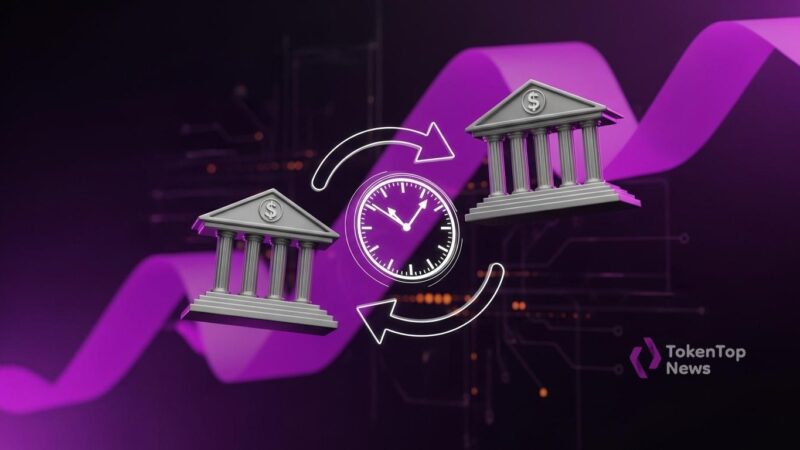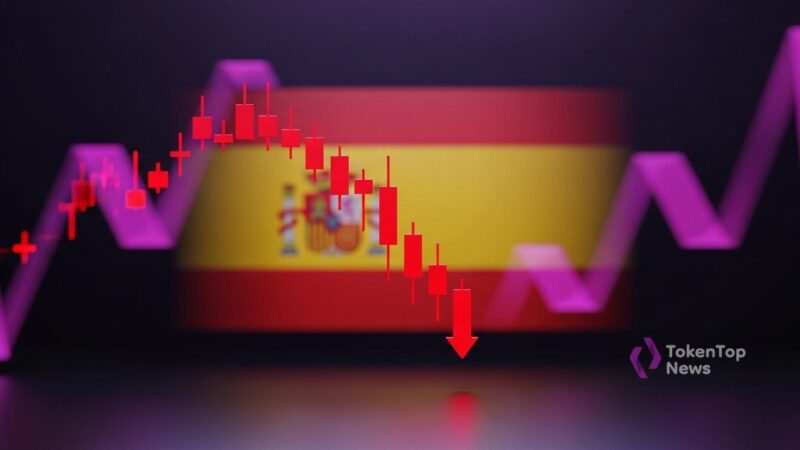South Korea’s Crypto Industry Gains Despite Election Outcome
- New crypto regulations strengthen institutional adoption in South Korea.
- Major exchanges comply with regulatory standards.
- Increased capital inflows from institutional market entry.

South Korea’s Financial Services Commission (FSC) recently announced new crypto regulations set to bolster the industry, irrespective of the upcoming election outcome, as reported by Bloomberg. The focus remains on increased institutional adoption within the country.
The South Korean crypto sector sees a significant shift with enhanced regulations introduced by the FSC, aimed at fostering institutional adoption. This comes amid a political landscape where both parties acknowledge crypto’s importance.
Major players like Upbit, Bithumb, Coinone, and Korbit adjust to comply with FSC’s regulations, ensuring safer institutional market entry. The Democratic Party’s Digital Asset Committee supports robust policy frameworks.
Korea’s status as a leading crypto trading jurisdiction could see further impact with the shift towards institutional activity. Investors anticipate increased liquidity in high-volume assets such as BTC and ETH.
“With Korea ranking as a top crypto trading jurisdiction, high-volume assets like BTC and ETH are expected to see further liquidity and trading volume.”
The Financial Services Commission’s regulatory changes highlight South Korea’s effort to mainstream crypto markets. With strict compliance in place, traditional banks and corporations show greater interest in crypto ventures.
Historical data shows that past regulatory changes initially tightened the market before spurring growth. Potential outcomes from the current shift may include elevated trading volumes and expanded participation from financial institutions.
As both crypto users and market participants adjust, the move by South Korea serves as a litmus test for broader global adoption. The outlook centers on fostering an environment where digital assets thrive under clear oversight.
“The FSC’s 2025 rules were explicitly aimed at enabling institutional market entry into South Korea’s crypto space.”




